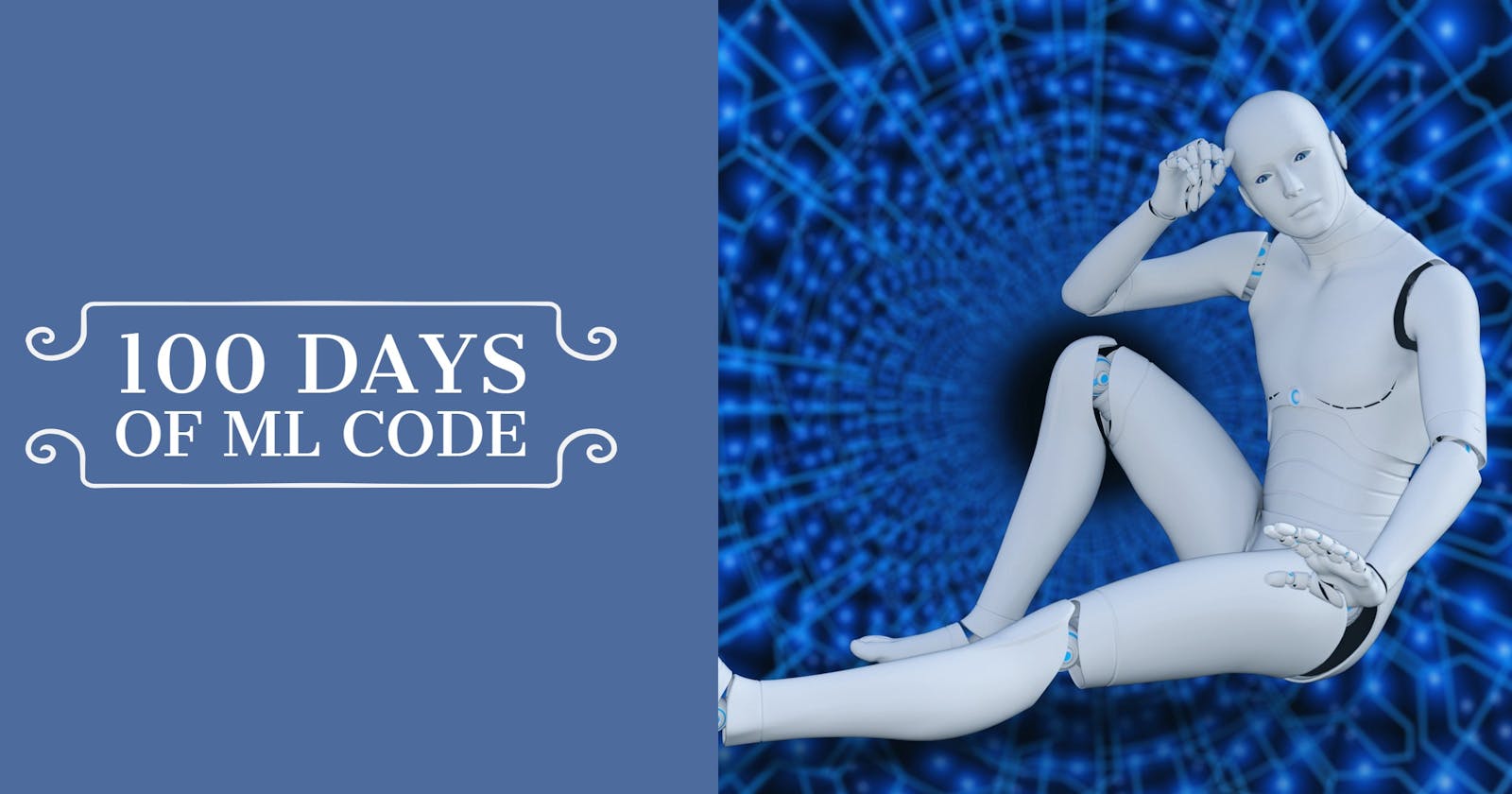Recap from Day 019
In day 019, we continued with common hard clustering algorithms. We saw that Hierarchical clustering (also called hierarchical cluster analysis or HCA) is a method of cluster analysis which seeks to build a hierarchy of clusters. And Self-Organizing Map is a type of artificial neural network (ANN) that is trained using unsupervised learning to produce a low-dimensional (typically two-dimensional), discretized representation of the input space of the training samples, called a map, and is therefore a method to do dimensionality reduction.
Today, we’ll start looking at Common Soft Clustering Algorithms
Common Soft Clustering Algorithms
Fuzzy c-Means
Fuzzy clustering is a form of clustering in which each data point can belong to more than one cluster.
How Fuzzy c-Means Works
“Partition-based clustering when data points may belong to more than one cluster.”
Best Used…
When the number of clusters is known
For pattern recognition
When clusters overlap
The fuzzy c-means algorithm is very similar to the k-means algorithm
Gaussian Mixture Model
A Gaussian mixture model is a probabilistic model that assumes all the data points are generated from a mixture of a finite number of Gaussian distributions with unknown parameters.
How Gaussian Mixture Model Works
“Partition-based clustering where data points come from different multivariate normal distributions with certain probabilities”
Best Used…
When a data point might belong to more than one cluster
When clusters have different sizes and correlation structures within them
Great Job. You made it to the end of day 020. I hope you found this informative. Thank you for taking time out of your schedule and allowing me to be your guide on this journey.
Reference
MathWorks- 90221_80827v00_machine_learning_section4_ebook_v03 pdf


](https://cdn-images-1.medium.com/max/2000/1*VByysHAhos9Ymu_lKtaafQ.png)
](https://cdn-images-1.medium.com/max/2000/1*KnZnpjRTvjCZzRKg0Kiomg.png)